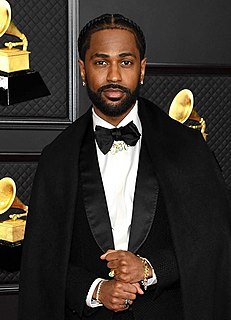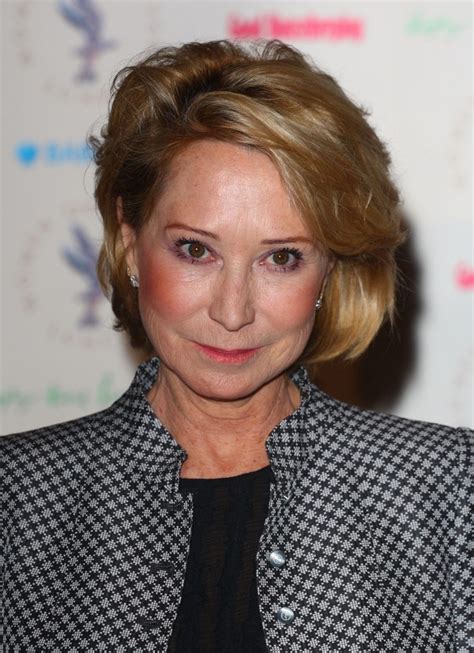A Quote by Jostein Gaarder
I think about my editor when I write. She's a good friend, too.
Related Quotes
If you write a piece, it's a different thing to show it to an editor than it is to show it to your best friend. You think, "Maybe she'll see through this or she'll see through that." That happened to me with my best friend back in Vancouver. I showed him "Just a Dream" and he took off the headphones halfway through and said, "Man, this is kind of garbage." He told me I needed to get singing lessons.
Any negative review you write, they'll say, "Oh, you're being so mean." I think the problem with a lot of criticism is that too many critics either write just description or they write in a Mandarin jargon that only a handful of people can understand, or they write happy criticis - everything is good that they write about. I think that's really not good. I think it's damaged a lot of our critical voices.
Bob Wallace was my editor at Rolling Stone when I first started writing there, and he's a wonderful editor. I was in the Philippines during the Marcos overthrow, and I was up on what was called Smokey Mountain. I think it's gone now, but it was a garbage dump with a bunch of people living on it. I was talking to Bob on the phone, and I told him, "I'm a humorist. I can't write about this." And Bob told me to let my style be dictated by the subject, to take what I saw and write about it in the tone that it requires.
I write about people I think are interesting, and then I discuss it with my editor, and she decides if she thinks it will be interesting to children as well. If I have no great interest in the subject, I find the work to be terribly boring. And if I find the person interesting, I love the research part and, by extension, the writing as well.
I have a great editor and I enjoy, in a masochistic way, being ruthless about my own performance. How do I know, but I think I'm quite good at saying, "That's no good. That's no good. That's it. That's it. That's good." And I'm with the editor who goes, "No, I think you're wrong. That's not your best." There's an initial point in the editing, if you're directing yourself, especially in my case, where you go, "Ouch, ouch, ouch, I can't watch this." And then, there's a point where you become hard-nosed and just take your neurosis away and go, "What's working? That's okay. That's okay. We can lose that, and lose that." You get objective about it.
My last point about getting started as a writer: do something first, good or bad, successful or not, and write it up before approaching an editor. The best introduction to an editor is your own written work, published or not. I traveled across Siberia on my own money before ever approaching an editor; I wrote my first book, Siberian Dawn, without knowing a single editor, with no idea of how to get it published. I had to risk my life on the Congo before selling my first magazine story. If the rebel spirit dwells within you, you won't wait for an invitation, you'll invade and take no hostages.
You can go up to the editor of 'Vogue,' and she might think I have horrible style, or maybe she thinks I have great style. Who knows? I don't really know too much about it: I just know what I like and what I don't like. I love clothes and making my own clothes and shoes, like I got to do with Adidas.
...fact was she knew more about them than she knew about herself, having never had the map to discover what she was like. Could she sing? (Was it nice to hear when she did?) Was she pretty? Was she a good friend? Could she have been a loving mother? A faithful wife? Have I got a sister and does she favor me? If my mother knew me would she like me? (140)
I think very few people do find a relationship where, every moment of every day, everything they do comes together. That's why, in a nutshell, everyone loved Barbara in 'The Good Life.' She was the perfect partner. It was a formula. She wasn't glamorous. She wasn't clever. But she was a good partner. That's too easy, too perfect.
Whenever I visit Korea she [Kang] buys me lunch and takes me to a gallery. As if all this wasn't enough, she has incredible respect for translation as a creative, artistic practice - she insists that each English version is 'our book', offered to share her fees with me when she found out I wasn't getting paid for translating her publicity stuff, always asks the editor to credit me, and does so herself whenever she's interviewed. Too good to be true.



































